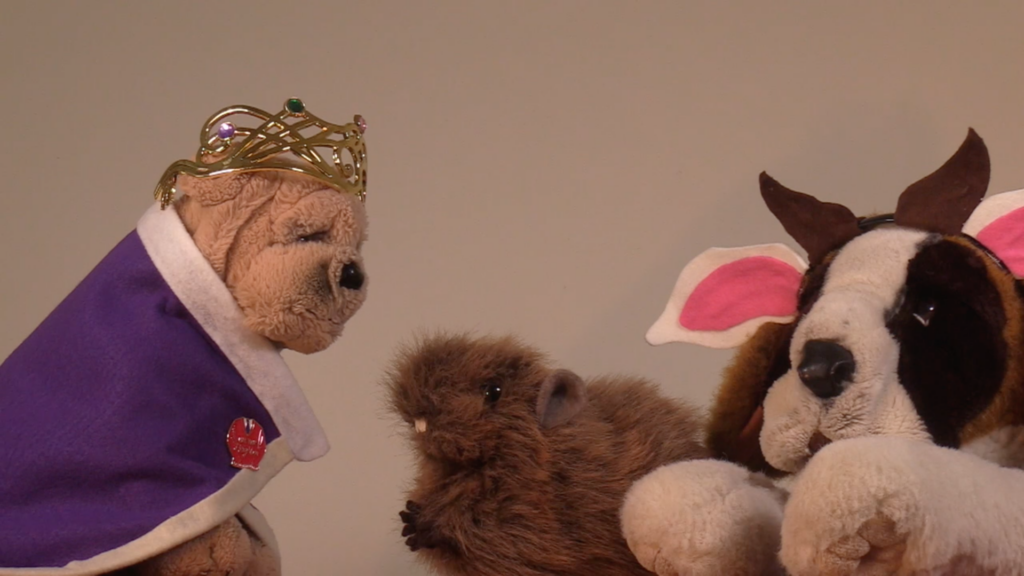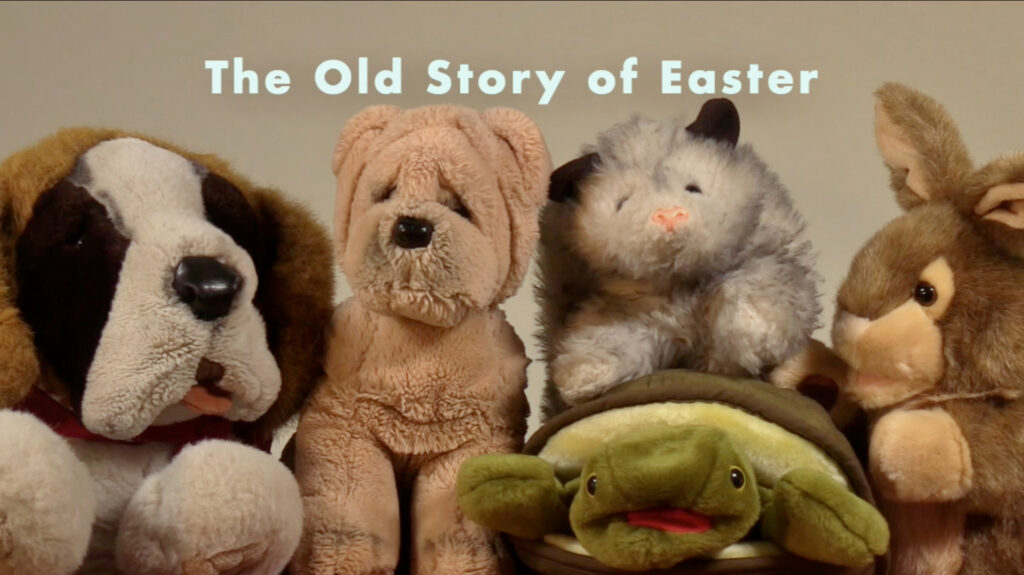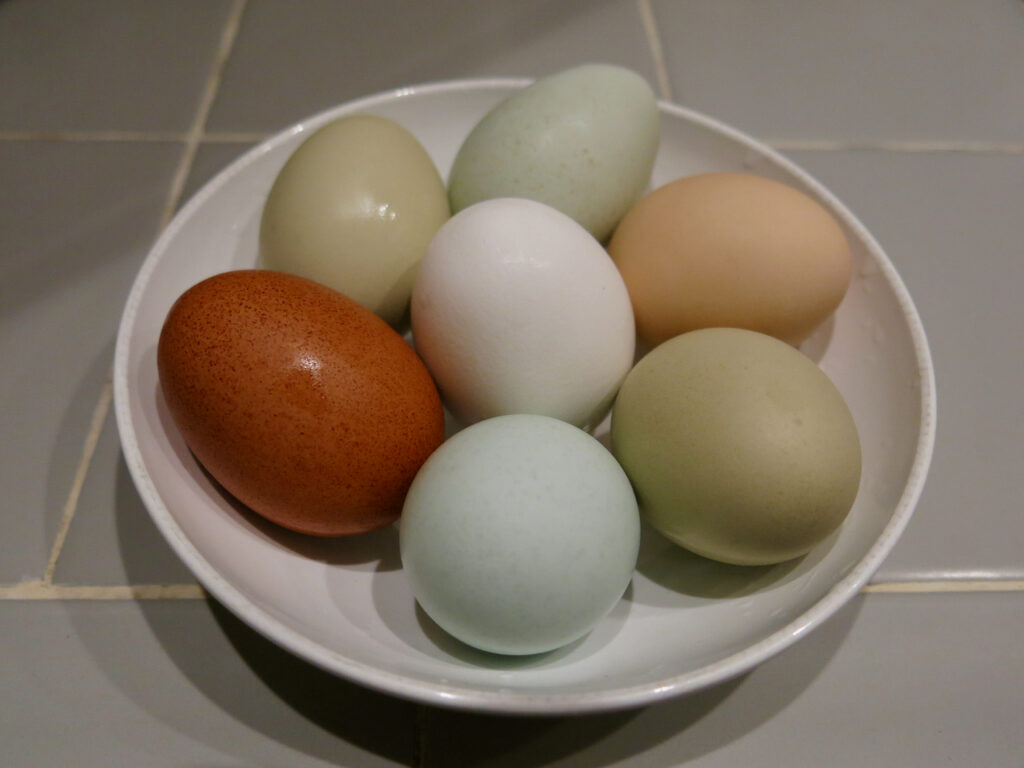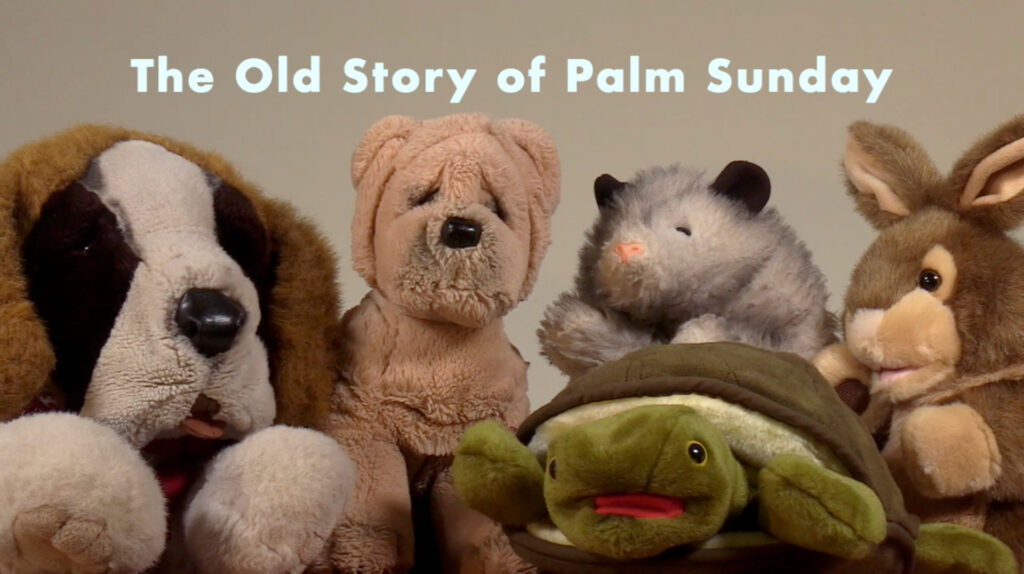An excerpt from a history of early Unitarians in Palo Alto. I haven’t made much progress on this project, due to the long hours I’ve been putting in dealing with the pandemic. With luck, I’ll be able to get back to it.
The Unity Society, 1895-1897
In November, 1892, the very first issue of The Pacific Unitarian, a periodical devoted to promoting liberal religion up and down the West Coast, declared that a Unitarian church should be organized in Palo Alto:
“The University town of Palo Alto is growing fast. Never was there a field that offered more in the way of influence and education than this. A [building] lot for a church ought to be secured at once, and the preliminary steps taken towards the organization of a Unitarian Society.” (1)
Organizing churches in college towns had been a standard missionary strategy for the American Unitarian Association (AUA) since the denomination had funded a Unitarian church in Ann Arbor, Michigan, in 1865. These “college missions” were seen as “one of the most effective ways of extending Unitarianism,” (2) and many of them resulted in strong Unitarian congregations.
But who had the time and the skills to organize a Unitarian church in Palo Alto? The Unitarian church in San Jose was the one nearest to Palo Alto. In early 1893, the two ministers of the San Jose church, Revs. N. A. Haskell and J. H. Garnett, organized two new Unitarian congregations in Los Gatos and Santa Clara, ignoring Palo Alto. (3) Support for a new Palo Alto congregation would have to come from somewhere else.
Continue reading “The Unity Society of Palo Alto”




